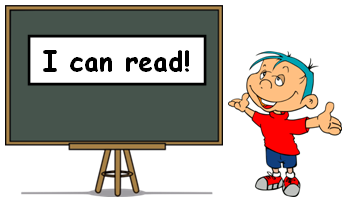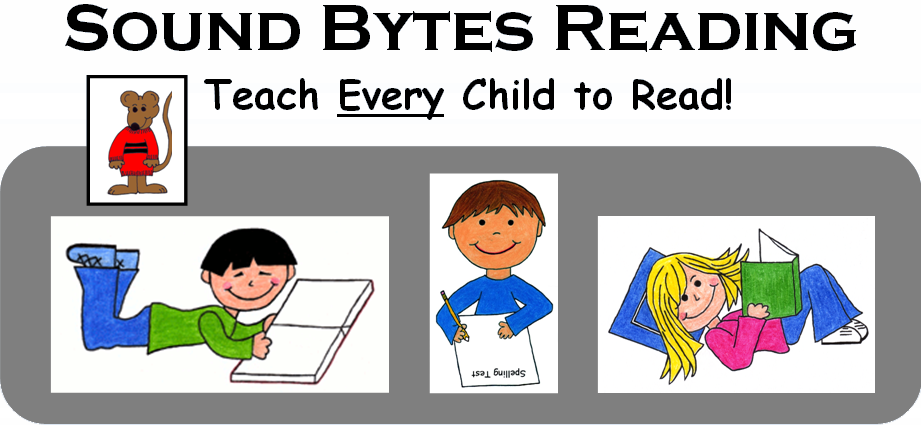Why Is Reading So Difficult For My Child?

A friend has a child who is having difficulty learning to read. So I asked my friend about her child. Did he frequently guess at an unknown word by saying another word that had the same beginning letter? Was he looking at pictures for clues when he didn’t know a word? Were you told he has “eye-tracking” problems? When he read a passage, was he unable to tell you what it was about (comprehension)? Did he have problems with fluency (not reading smoothly)? Yep—reading problems!
But this same child is a whiz at math, can easily remember in great detail anything that is read aloud to him, and is highly skilled in other areas. Why does he have so much difficulty with reading?
It should be obvious that a child who is highly skilled in many other things and has a very good memory for math is not learning disabled. A child who has genuine problems with memory will also have problems with math.
The real problem lies in how reading is taught. Children are often taught to look at the first letter of a word they do not know and make a good “guess.” They are taught to look at the picture to help them figure out an unknown word. They are taught to skip a word and go back later so they can use context to figure out the word. These things create so-called “eye-tracking” problems, because the child was taught to look all over the page.
These things also create problems with fluency and comprehension. When children spend a lot of time trying to guess what a word is (and usually they are guessing wrong) they will lose track of what the reading passage is about. Some of these kids appear to be pretty good readers because they have memorized a lot of words—but they cannot figure out new words without help—and so they struggle more and more as they get older.
The only solution is to teach struggling readers how to decode words by looking at all of the letters in the word and going from left-to right. It also helps if each new sound pattern (such as ou, ow, ea, etc.) is taught separately. Kids who think in a linear, logical way need to be taught to read in a sequential manner so that each new sound pattern they learn builds on previous knowledge. Reading material should use the sound patterns children have been taught. Stories should not be filled with sound patterns they have not yet learned.
My friend is teaching her child to decode words phonetically now, and I hope to give you an update on their progress in a few weeks.
Parents, you can help your struggling reader become a confident and capable reader in just a few weeks. It’s easy, and everything you need is available in one book, including all of the reading material. Don’t wait—get a copy of Sound Bytes Reading from Rainbow Resource Center or at Amazon and watch your child begin to experience the joy of reading at last!
